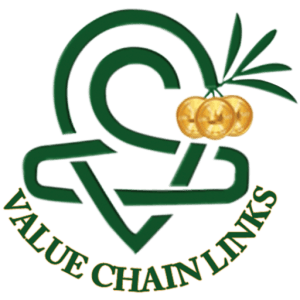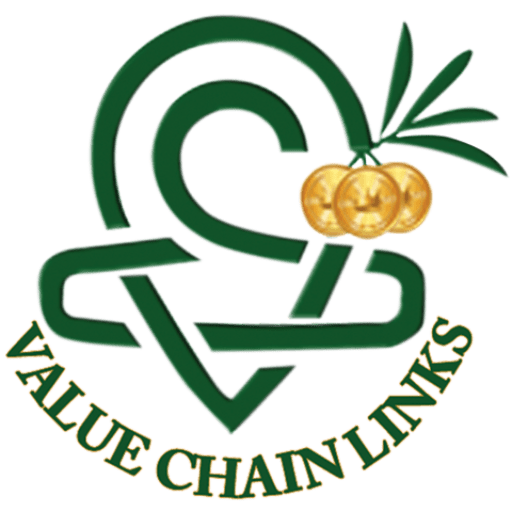WHAT IS HUMANITY’S GREATEST UNKNOWN TRUTH

BY DR. NIMROD
| Which is more important, asking questions or giving answers?I rather answer that with some more questions (;-) –Is it possible to land a person on the moon without understanding gravity?Is it possible to be an artist without wondering about the nature of things?Is it possible to cure diseases without understanding microorganisms?Is it possible to build computers without understanding electricity? WE HOLD THE POWER TO IMPROVEThe world, as we know it, was not always in that way. It evolved into its present state thanks to people observing various phenomena they couldn’t explain.Then some were curious enough to ask questions and look for answers. Occasionally, they were also lucky to come up with a proper answer/solution that brought a positive change.In all cases, “the answers,” correct or not, were preceded by someone asking a question.Every answer gave birth to new challenging questions; the more we asked, the more we made progress, and then… we asked more complex questions.I began my journey by asking questions and wondering if the crop protection practices I am using are indeed the best and the fittest, as I was told so many times by “experts.”Biofeed did its first step out of Israel thanks to Grand Challenges Israel‘s national program.Grand Challenges result in Grand Solutions to Grand Problems, but I am jumping ahead; let’s wait with that.Giving answers is essential, but first, how can we judge the quality of the solution we provide?The simple rule would be, if the answer is “solving” the presented problem or the challenge and is leading us in the “right direction,” then, over time, we should observe real change, progress, and improvement.For example, as long as people thought that Malaria resulted from “Bad Air,” as the Romans named it, there was little chance of giving it an effective solution.Progress and improvement in combating Malaria are the results of the past 100 years. This resulted from our better understanding of the disease and its root cause. DEEP UNDERSTANDINGHere is a rule; the better and deeper we understand a problem and its roots, the more alternative solutions are opened before us. That opens better and faster opportunities to solve the problem and bring change and progress.For example, try to think of the number of ways our ancestors had to make light versus the many options we have today.The different numbers, lower cost, better availability, higher quality, different kinds of lights, and usage is the result of an improved understanding of the nature of light and its related topics.Once, people were burned alive when dared to say that the earth is not at the center of the universe.As is well known, burning people and silencing them did not advance humanity, while listening to different opinions did. |
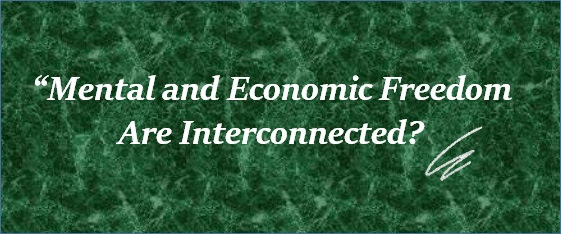 . . |
THE EQUATIONSEvery entrepreneur and investor knows this –Big Problem = Great Truth that has not yet been revealed, but once revealed leads to a Great opportunity.Do you agree? THE SEARCH FOR “GREAT TRUTH”To discover a Great Truth, we must look for the Big Problems.Here is a partial and abbreviated list of some Big Problems – Global warming, Environmental pollution, Species loss, and Inequality.Every Big Problem is a sort of a Black Box and presents a black hole in human knowledge, and hence, ability.But, what’s THE #1 problem, the one on the top of the list?Judging by the UN list of Sustainable Development Goals (SDG), POVERTY is the #1 global problem.Yes, it precedes hunger, pollution, and global warming! |
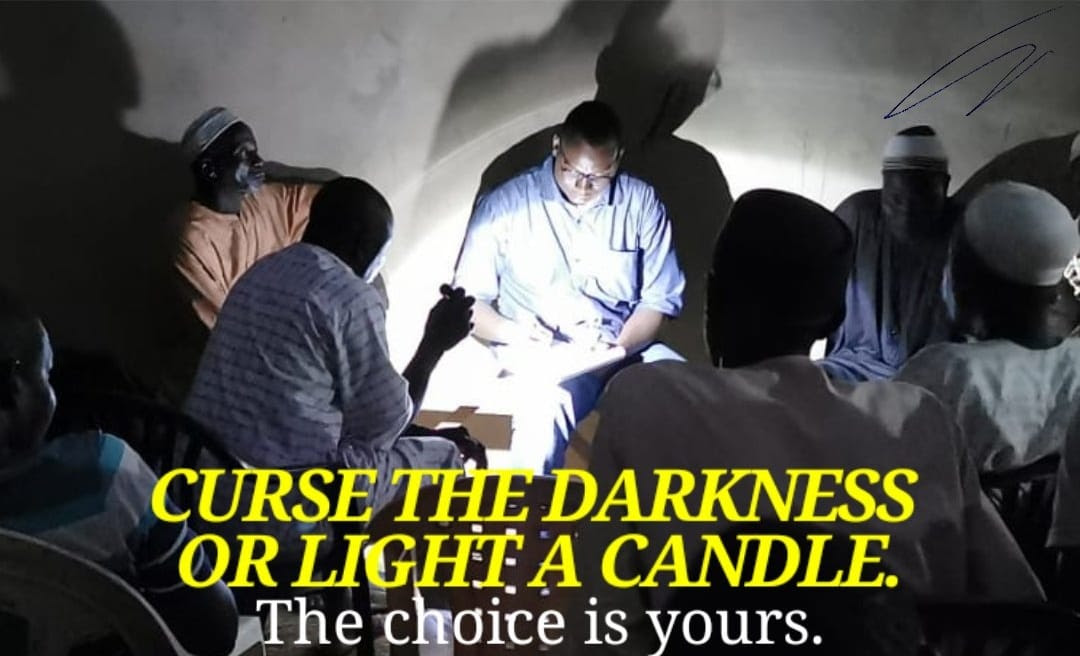 |
| THE GREATEST TRUTH OF POVERTYAccording to the above equations, a Big Problems hides Great Truths waiting to be revealed.Hence, without discovering the Great Truth impacting Poverty, we will not be able to fight it effectively.But, how can we unveil that Great Truth of Poverty?As always, by gaining a better understanding of the Poverty phenomenon itself.If we need a microscope to learn more about the cause of Malaria, i.e., Plasmodium, then to learn about the causes of Poverty, we need a sympathetic ear, open eyes and mind, and a big heart.It seems that listening and observing are the best and most recognized tools in studying human nature and behavior.So I made it a habit to listen and observe before suggesting any technological or other solution to any challenge/problem I am facing. MY METHOD OF OBSERVATIONMy first significant encounters with poverty began when I arrived in India and then to Africa, first as part of Biofeed and then as part of the Green Valley initiative and projects to help local farmers to improve their livelihood by promoting their professional results.It took me a while to understand that the limiting factor of the Green Valley projects is not the technology, funds, or protocols but the lack of proper understanding of the farmers themselves.The solution I came with was to start every project by listening to those farmers. Yes, I was there to listen and learn from them. This contrasts with the “traditional” approach, where the “expert” talks and the farmers listen.What are the characteristics of the farmers with whom I meet?From a socio-economic perspective, they are categorized as – smallholders who live in poverty; meaning, they own no more than a few hectares and earn less than 1.9$ a day.What does such a meeting look like in practice?We sit within touching distance of each other, in a circle or face-to-face formation.As said before, my role is to listen to the farmers and encourage them to speak freely.Interestingly, in those meetings, we hardly talked about technology, money, or finance. |
 |
| In those meetings, we focused the conversation on their problems, challenges, fears, hopes, and dreams, as well as any other topic they would like to discuss.Such attitude builds greater trust, which enables more openness and readiness by the farmers to share their side.Such a meeting usually lasts between 1 to 3 hours, and at its end, we bless each other as good friends do. THE GREAT TRUTH OF POVERTYSo far, I have visited over 40 countries/states in my life. During those trips, I have had the pleasure of meeting countless farmers, most of whom, unfortunately, live in poverty.I often feel like a discoverer of lands, moving and wandering between places, meeting farmers of different nationalities, cultures, races, and speaking various languages.Based on the differences in background, one would expect a significant difference and diversity among those farmers, including personal characteristics such as kindness, caring, and humanity, along with very similar states of mind, ideas, problems, fears, and dreams.However, in reality, they show surprising similarities. When I listen to them, they share the same stories of daily survival, injustice, discrimination, abuse, mutual mistrust with the authorities, and arrogance by others.When the meeting is over, I ask myself, “Why do they live in poverty? Are they different from other, more (financially) successful people in their country or even me?”My answer is always the same – I don’t see any fundamental difference!Therefore, I conclude that “We are the same other than the fact that I was lucky to be born in a country and to parents that provided me a better starting point to my adult life.” |
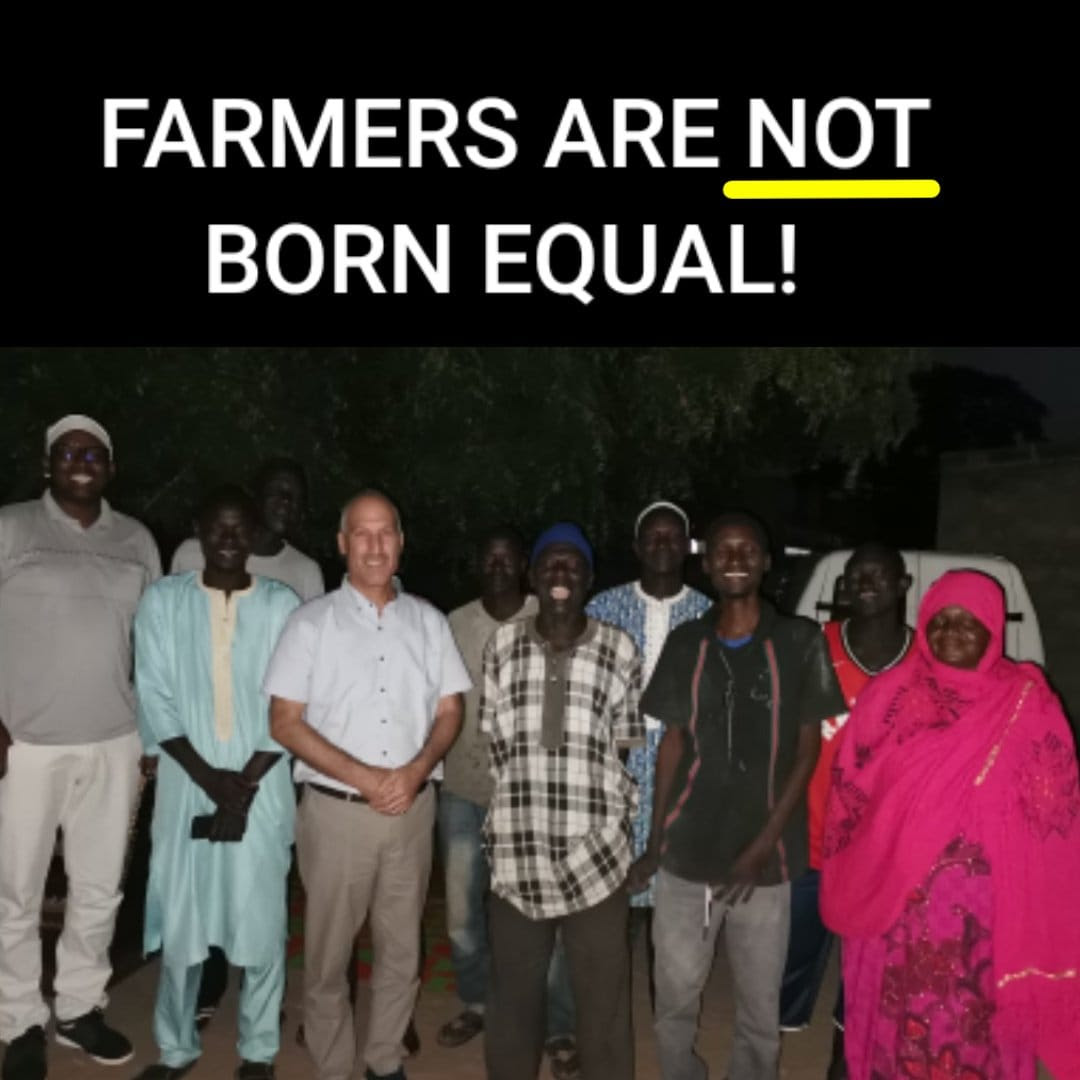 |
Later that visit, in the same country, I met with people whose lives were more kind to them, belonged to the top decile, e.g., government officials, traders, merchants, businesspersons, scientists, etc.When we talk about smallholders, I often hear that they have a high political interest in them, for they are many.But, when it comes to practical actions and genuine activities to change farmers’ living conditions and livelihood, they show much less interest.The way they relate and treat the millions of poor farmers in their country often reminds me of how vulnerable and sensitive minority groups are treated worldwide, e.g., Immigrants, black Americans, Jews, LGBT people, etc.Could it be that Poverty is the result of discrimination, or is it a sort of Racism? AWAKENINGIt took me a while to understand and absorb the essence, the underlying message, and the meaning of the things I heard from those who are part of the top decile, the “upper-class people.”Is it possible that Africans would show the same discrimination towards other African people, of the same country, only based on socio-economic background, meaning based on business success?It took me longer to deduce from the depths the similar tone I had already heard and know so well from other, distant places.It did not give me rest; it was disturbing.The words, sentences, and tone I heard were like saying -“These are not our problems; these are problems of people inferior to us, lacking the skills due to which we have reached our position and status. They are used to their place, their status, their situation, so why should we change that?“Oh, I said to myself, maybe this country doesn’t have the required resources to fight poverty?But then I remembered the millions/billions $ of investments some of those countries put into police forces, army, and even building rockets for atomic bombs.And yes, many countries that are challenged by a high rate of Poverty also control plenty of oil and minerals, worth $ billion.All these and then they say there is no money to help those who suffer poverty and hunger!?Is this an issue of budget or priority?Is it possible that a particular group would always be at the bottom of the priority list?Over and over, I searched to find the difference between discrimination based on race, religion, ethnic origin, sex, sexual preferences, and language to discrimination based on socio-economic background and business success.Do you see the difference?What does it mean if there is no difference?Could it be that Poverty is a form of social Racism? HISTORICAL AWARENESSDiscrimination has many shades and colors; it is a process that begins when one group, stronger than others, tells itself a story that enables it to separate itself from other “inferior” groups.Once a group feels superior, they legitimate their actions and excess rights to national resources while actively or passively preventing them from others.In light of this, even if that was not the original intention of the UN SDG, placing POVERTY at the head of the list was a brave and correct decision.To defeat poverty, we will need to understand better ourselves and human behavior to better fight discrimination and ultimately bring the change that would make this world a far better place. I would love to hear your opinion and thoughts about the UN SDG’s most crucial issue – Poverty!Do you think poor smallholders are less intelligent than others?In your opinion, is it a coincidence that smallholders are the poorest?Do you think there is no connection between poverty and discrimination?Do you think governments are doing their utmost to fight Poverty? |
| Green Valley is inherently built to fight Poverty. I invite you to step up and become an active business partner or investor in Green Valley’s projects and help us advance our vision. |
| TAKEAWAYS» BIG PROBLEMS hide Great Truths.» TO SULVE poverty, we must better understand its roots.» POVERTY is a result of consistent discrimination. |
| If you enjoyed the article please share it with friends and colleagues. |
